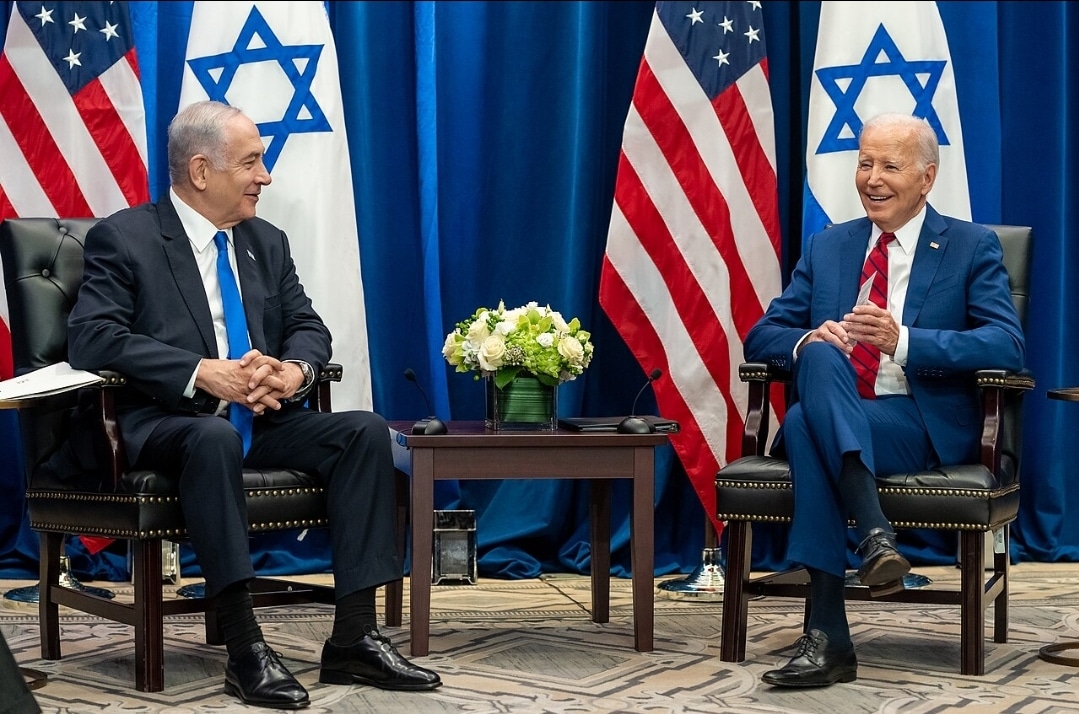With the introduction of spring and summer (which are the preferred historical times for wars), and with Israel’s standing at a crossroads in terms of the future of war, we must look back – and as we do every 50 days, try to see the positive points revealed in this period of time:
First, we must mention Israel’s success in the struggle against Iran. For the first time in history, the countries have exchanged direct blows, when there is no doubt that Israel has won the upper hand – with a senior Revolutionary Guards official eliminated, a massive Iranian offensive halted while proving Israel’s technological superiority, and While the Israeli attack did not cause significant damage, it did prove, in a way that does not imply, Israel’s ability to inflict significant damage on Iran – civilian, military, or even nuclear sites.
Second, the attack on Iran comes at an exact time to remind Israel that it does not stand alone. It was after a week of tremendous international pressure, including from the United States, due to the deaths of seven foreign aid workers in the Gaza Strip; but the attack revealed that in the great struggle, Israel still has official and unofficial allies, in a coalition of values and interests, whose goal is to contain the arms of the Iranian octopus. Even after the war, however it ends, Israel will have a political horizon – and perhaps the potential for continued normalization with the Arab states.
Thirdly, military achievements – the battle in Khan Yunis has ended with Israeli success, and now only Rafah remains as a total sovereign outpost of Hamas. In the north, Israel took a more aggressive approach against Hezbollah, eliminating many senior members of the organization, along with damaging many terrorist infrastructures. And in the Judea and Samaria sector, Israel launched arrests and thwarting operations that managed to stop a terrorist awakening – contrary to Sinwar’s hope that he would succeed in provoking a new intifada that would distract Israel, taking advantage of the religious fervour of the month of Ramadan.
Fourth, the internal unity – while there are many lamenting the return of the ‘October 6 discourse’ and unnecessary friction, the facts on the ground indicate that the spirit that accompanied us at the beginning of the war is still here: The unity government still exists and is functioning, the citizens are mobilizing en masse for reserve duty as needed, the question of Haredi recruitment has not yet led to friction (and may not even lead to it), and aid and volunteer organizations are still receiving a broad civil response. The people of Israel understand that this is still an time of emergency and trial, and even when they start to forget, it is lucky that the Iranians can reunite us all.
In conclusion, we are now facing significant questions about the continuation and direction of the campaign, which will undoubtedly be answered over the next two weeks. But if we can maintain internal unity, advance the anti-Iranian coalition, and bring impressive military performance, we will certainly be on the path of victory.
To respond – rxpuyhi@gmail.com







